Bundesnotarkammer participates in the research project “Justice Without Litigation II” co-financed by the European Commission
In times where courts are overburdened in many places, alternative ways of administering justice in the area of voluntary jurisdiction are increasingly moving into the focus of legal policy discussions. The research project “Justice Without Litigation II” (hereinafter: JuWiLi II), co-financed by the European Commission, faces this issue: The aim of the project is to research and further develop innovative, inclusive and effective forms of extrajudicial settlement of non-contentious proceedings. The interdisciplinary project brings together experts from the fields of law, economics, behavioural research and digitalisation sharing the common goal of creating a more people-oriented and more efficient legal system.
The project at a glance
JuWiLi II is the continuation of an approach that has already been tested in an initial project phase, namely to systematically analyse and further develop extrajudicial justice in the area of voluntary jurisdiction in a practical manner. The project focuses on non-contentious administration of justice through notaries as independent and impartial holders of a public office and emphasises particularly the areas of inheritance and family law. Nevertheless, the project is not only concerned with legal aspects, but also with the interaction between law, economics, technology and human decision-making behaviour. It has a European focus, while it equally takes into account national experiences and specific institutional frameworks. Through systematic data collection, comparative legal analysis and the identification of common minimum procedural standards, the project aims to build bridges between the different judicial systems of the Member States. Central questions addressed by the project are for example: To what extent can insights from behavioural economics studies, comparative law, digitalisation and economic analysis be applied to improve extrajudicial procedures? Is there a need to realign national competences in the area of voluntary jurisdiction?
The working structure of JuWiLi II is organised in such a manner that tasks are shared on an interdisciplinary basis. Specific topics are dealt with in Working Groups and Task Forces on topics such as legal, divorce, digitalisation, economics and behavioural economics. Led by the Austrian Chamber of Notaries as project manager, the participants comprise an international consortium of research organisations and judicial institutions, including the German Federal Chamber of Notaries. A total of 22 Member States of the European Union are represented in the project. The research project is scheduled for completion at the end of 2026, with the results to be published in a consolidated research report.
The role of the German Federal Chamber of Notaries – Behavioural economics and the law
The German Federal Chamber of Notaries is involved in JuWiLi II with a specific focus on the interface of the law and behavioural economics. The chamber manages the innovative Task Force Behavioural Economics, which studies the ways cognitive distortions, heuristic decisions and social preferences influence human behaviour particularly in situations of family legal decisions such as divorce proceedings.
One of the goals of this behavioural economics substudy is to discover how to structure legislations and if necessary out-of-court proceedings so that they are fast, intuitively understandable, inclusive and effective for persons with or without a formal judicial training. The German Federal Chamber of Notaries does not only act as a coordinator but is also the interface between theory and practice: As the representation of the German notaries, the chamber offers a valuable framework to the project, based on the collective practical notarial experience of legally secured extrajudicial administration of justice.
The involvement of the German Federal Chamber of Notaries in JuWiLi II underlines the importance of institutions of legal practice in the development of new models in the field of justice and displays the innovative ability of notaries in Germany and in Europe to respond to current challenges.
Conference in Berlin – Academic exchange and scientific impulses
The conference hosted by the German Federal Chamber of Notaries on 11 July 2025 in Berlin was one of the highlights of the project's progression to date. All Working Groups and Task Forces participated in a semi-public circle for in-depth discussions of the project's current status and the prospects for interdisciplinary cooperation. The discussions were accompanied by internal meetings of the individual Working Groups and Task Forces.
The event kick-off took place the evening before with a formal reception at the Austrian Embassy in Berlin – a dignified setting that beautifully captured the European dimension of the project. On the following day, the project participants and interested members of the public gathered for the workshop, which included presentations and in-depth discussions.
Following a brief welcome address by the German Federal Chamber of Notaries and the Austrian project management team, the various working groups were introduced. The Working Group Legal and the Task Force Divorce presented their respective approaches to the comparative legal analysis of the framework conditions in non-contentious family law proceedings. The Working Group Digitalisation illustrated its current work on process analysis with regard to innovative tools for digital support in out-of-court proceedings. The Working Group Economics displayed its work plan for the economic research of efficiency potentials of various options for handling non-contentious proceedings. The Task Force Behavioural Economics, led by the German Federal Chamber of Notaries, outlined how insights from behavioural economics can be applied in the context of out-of-court non-contentious proceedings in family and inheritance law.
The scientific highlight of the morning followed after a short coffee break: Professor Klaus Ulrich Schmolke, legal scholar at Johannes Gutenberg University Mainz and renowned expert in the field of law and economics, delivered a keynote speech on ‘Bounded Rationality, Paternalism, and the Law – Applying Insights from Behavioral Economics to Law.’ He introduced the findings of behavioural economics and demonstrated how legislative and institutional structures can incorporate realistic assumptions about human behaviour. In particular, he emphasised the role of notaries as ‘debiasing agents’ whose involvement in legal transactions could root out typical human misconceptions and thereby contribute to more rational decisions.
A panel discussion followed with Professor Dr. Schmolke and the chairs of the Working Groups and Task Forces, with active participation from the expert audience. In line with the preceding keynote speech, the participants explored the topic of ‘Interdisciplinarity as an Opportunity for Legal Policy Development Research and Legal Practice’ from a variety of perspectives. They particularly emphasised the need to transcend disciplinary boundaries in order to enable practical innovations in law.
The discussion was concluded with a summary of its outcomes as well as an outlook on the next steps provided by the project manager. As a result, the participants of the conference realised that JuWiLi II does not have to be limited to a scientific project. It can also serve as a true laboratory for the future of law-making in Europe.
Conclusion
The project „Justice Without Litigation II“ shows how interdisciplinary research can lead to concrete approaches for a modern, people-oriented justice system. The German Federal Chamber of Notaries acts in this project as the bridge between research and practice, as a key force for behaviour-based legislation and the host of a successful dialogue format. In conclusion, the conference in Berlin also demonstrated: JuWiLi II can make a valuable contribution to researching the possibilities of extrajudicial justice in non-contentious areas.
Photos: Frank Peters, Berlin
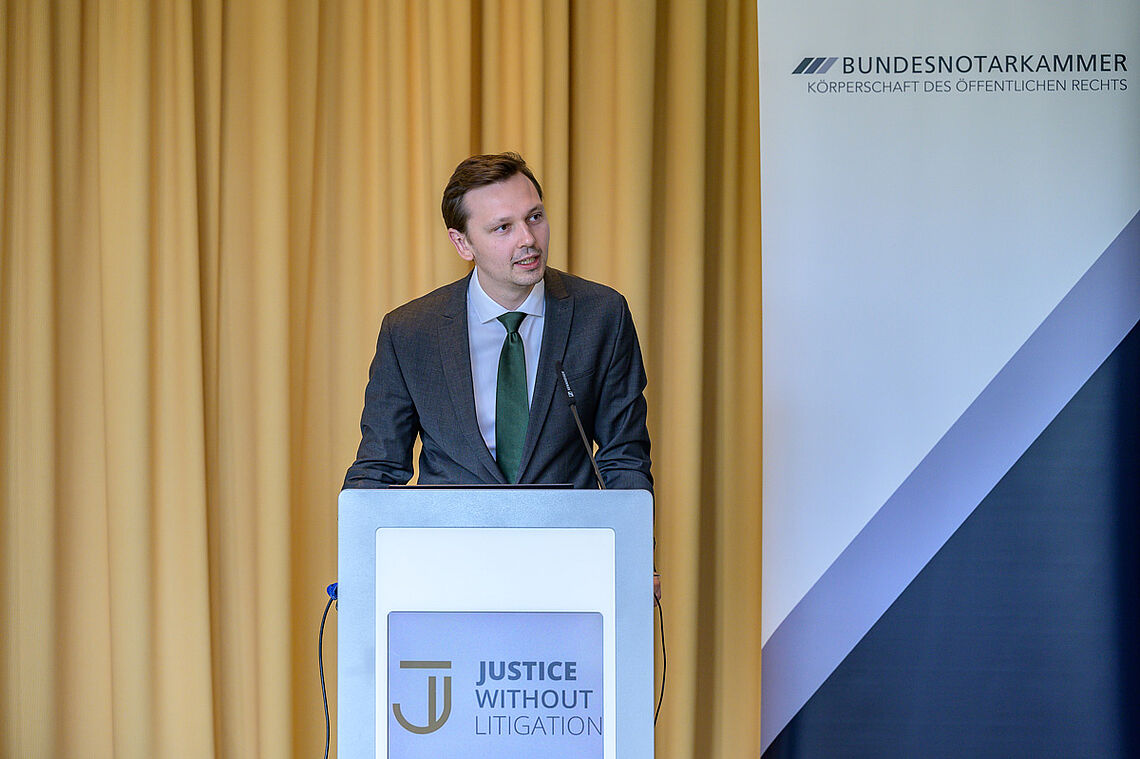
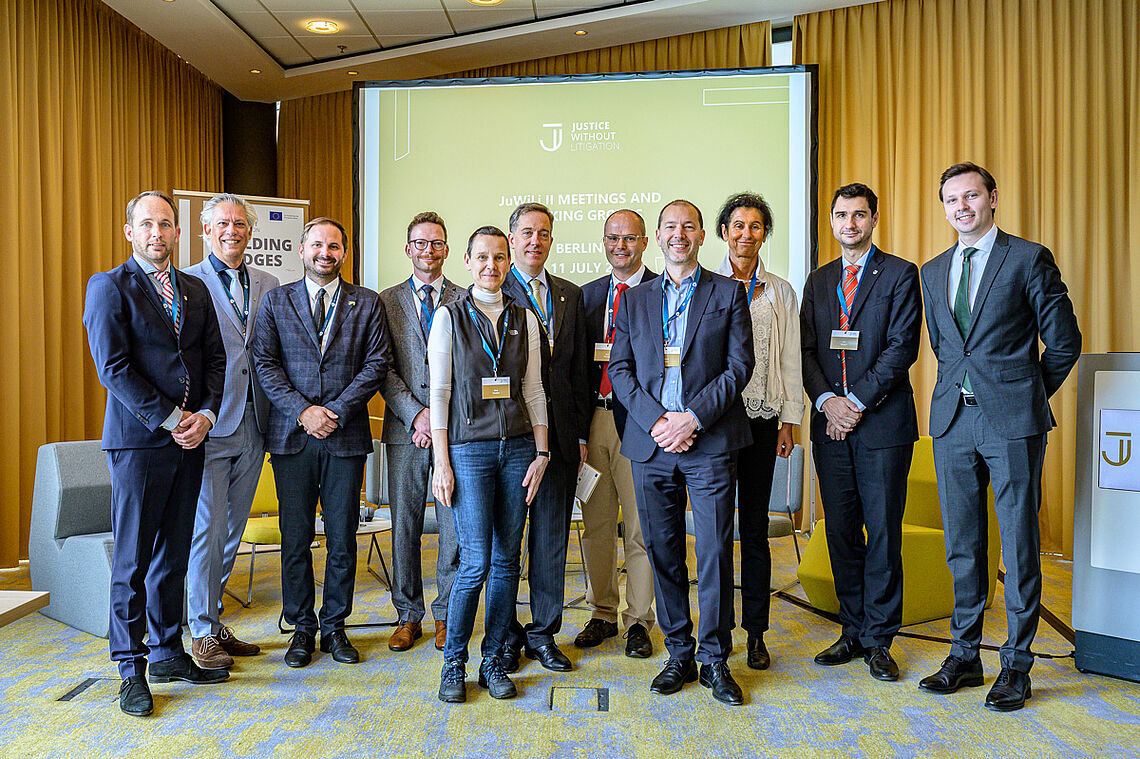
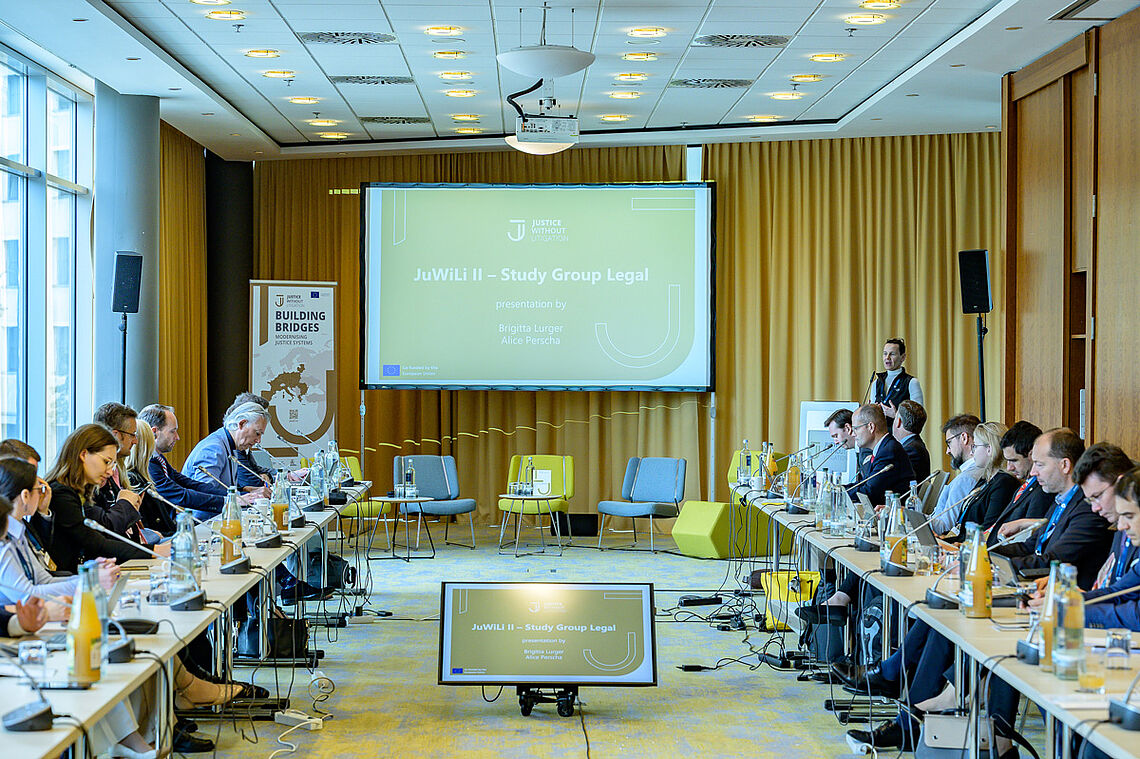
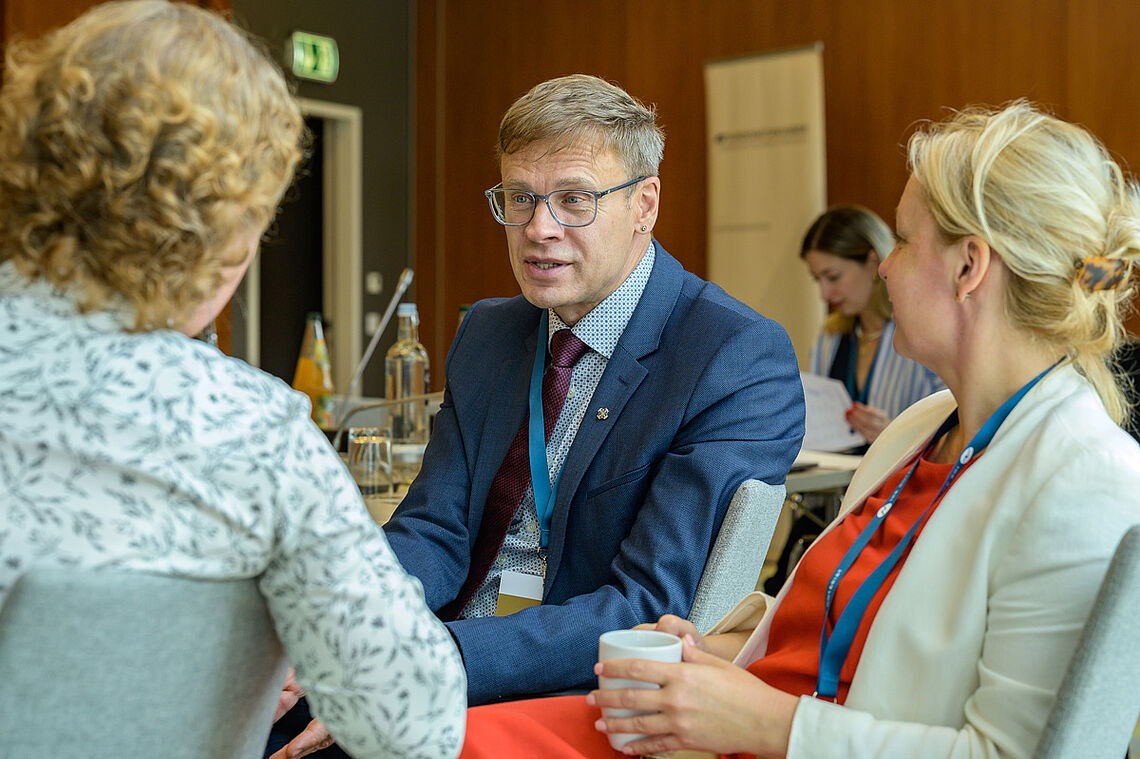
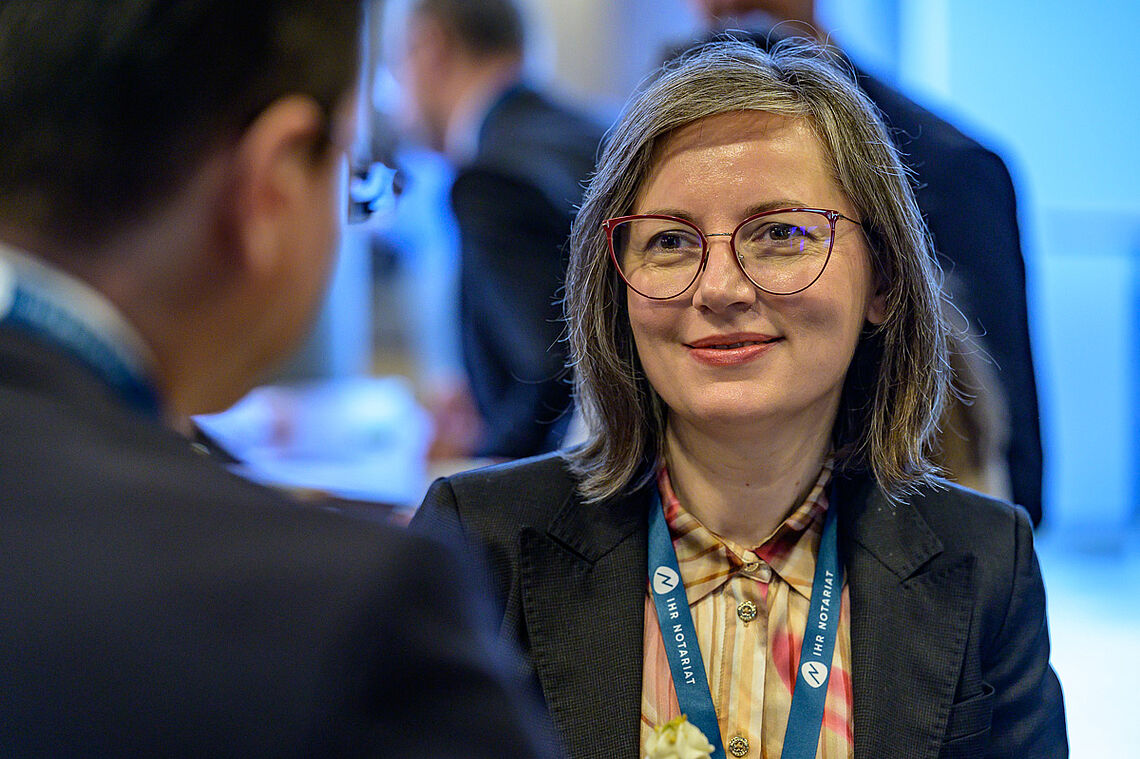
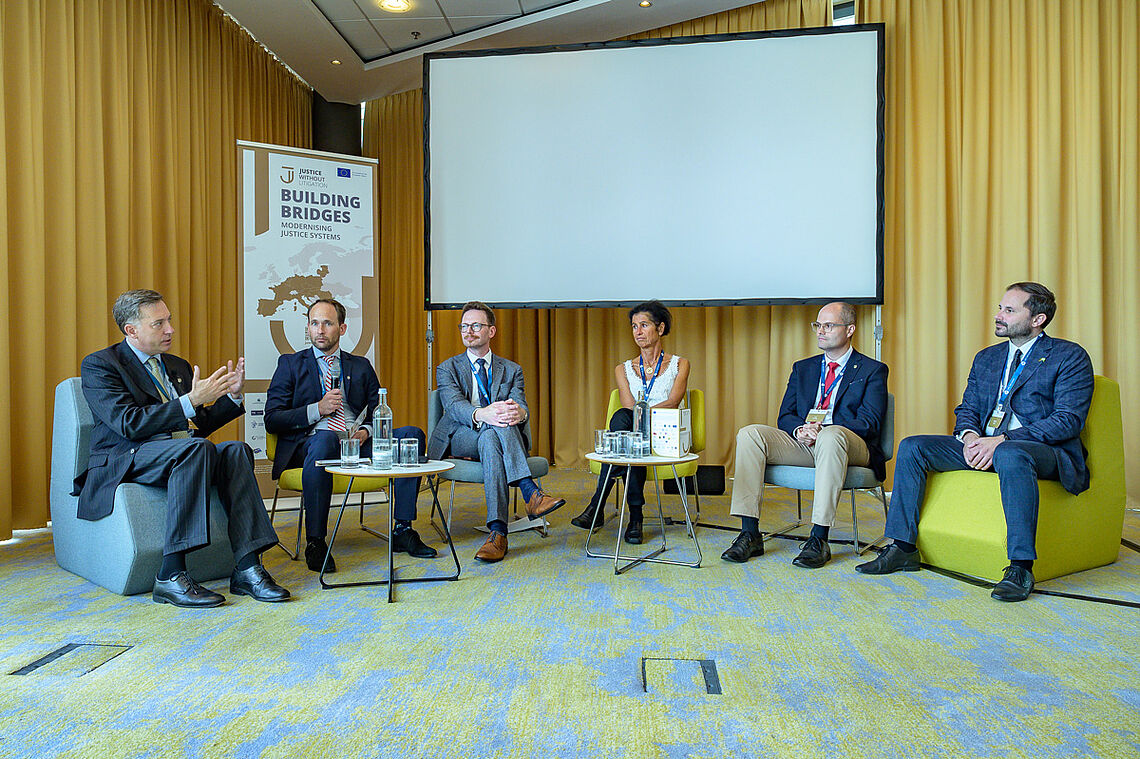
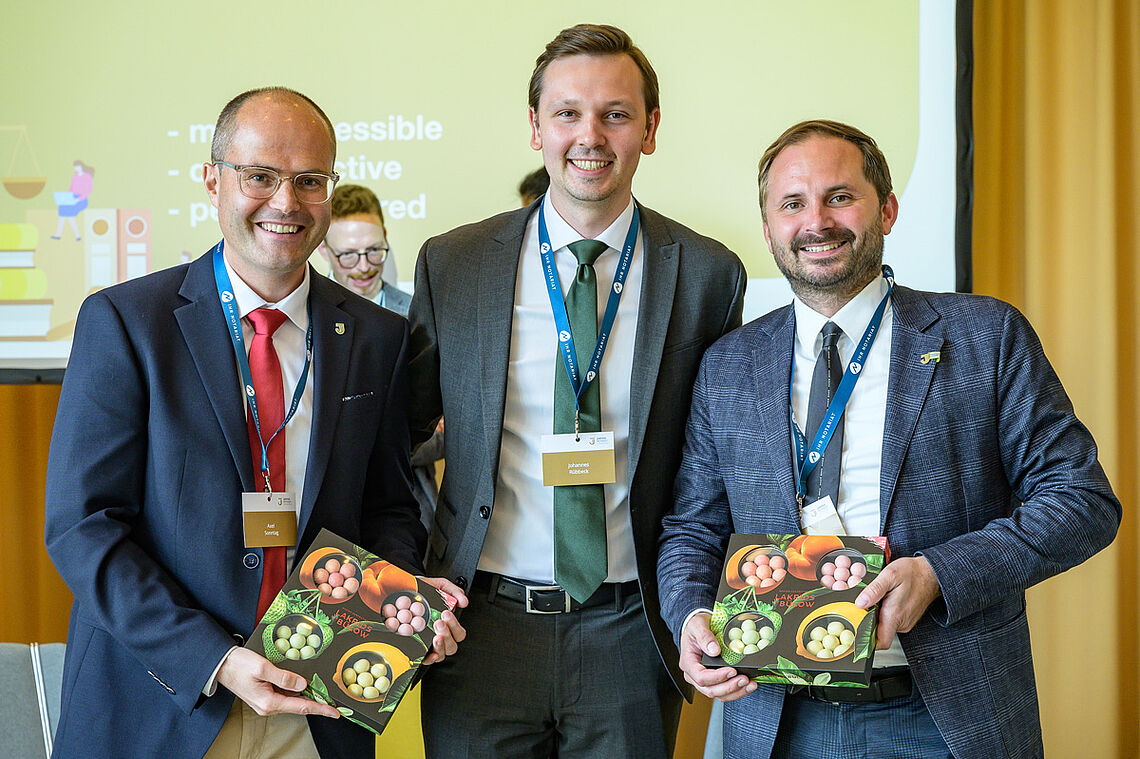

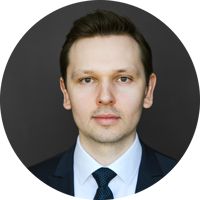


![[Translate to Englisch:] [Translate to Englisch:]](/fileadmin/_processed_/d/0/csm_GettyImages-2217360625_1200x800_a9e908fd9f.jpg)